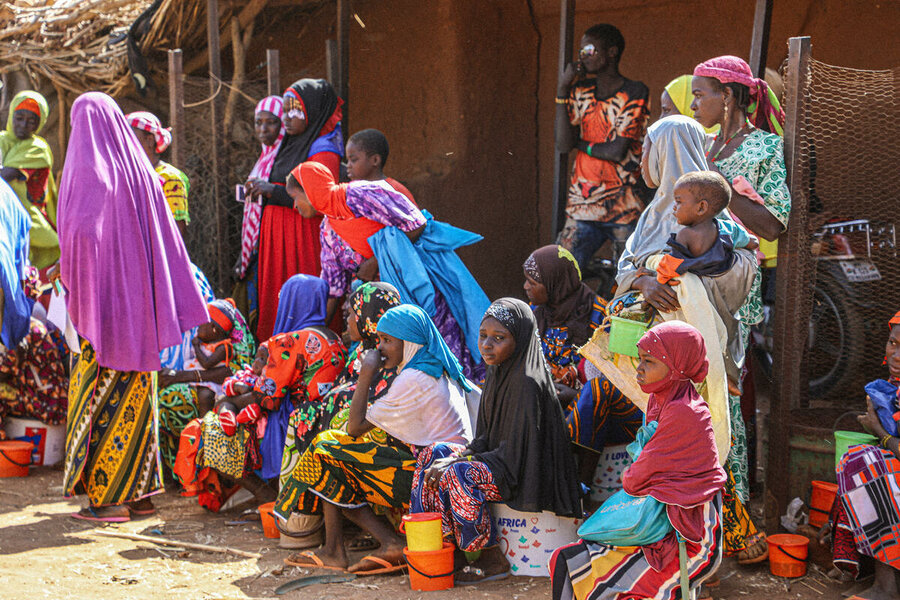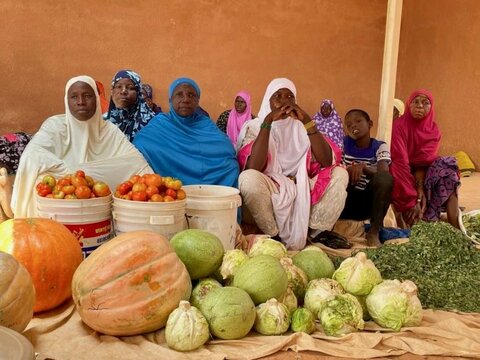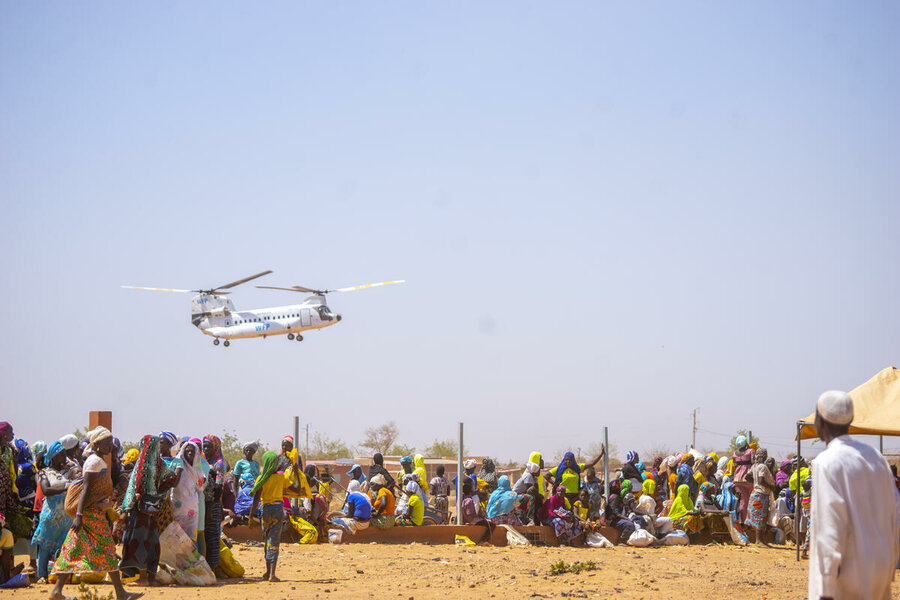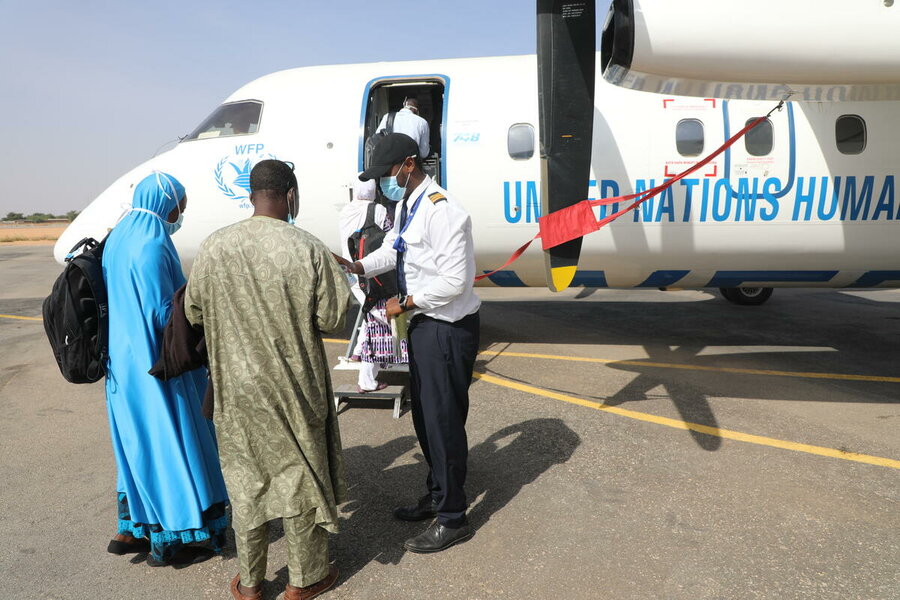
As political upheaval shakes Niger, sustaining short and long-term responses to the worsening hunger crisis in the country is critical.
WFP's emergency assistance needs to reach people at the moment they need it and at the appropriate scale. Through its resilience-building support, WFP assists communities in building self-sufficiency, decreasing humanitarian needs and reinforcing social cohesion.
"Our work is vital for the most vulnerable in Niger and needs to continue, particularly in the current circumstances," said Margot van der Velden, World Food Programme (WFP) Acting Regional Director for Western Africa.
"Whatever the political situation, continuing our humanitarian and resilience efforts is crucial at these times of crisis," she added.
In the first week of August alone, WFP teams delivered life-saving food to 140,000 people across the country and vital malnutrition care to 74,000 children.
Niger shows how WFP and partners can transform lives in Africa's harsh Sahel

"Stakeholders must stand firm in their commitment to support those facing food insecurity," said Van der Velden.
"In these tough times, our focus remains to provide unwavering support to vulnerable communities during the ongoing lean season between harvests."
WFP is watching the situation closely and is poised to scale up in line with needs.

At least 3.3 million people - 13 percent of Niger's population - are acutely food-insecure while there are 698,000 people forcibly displaced, including 358,000 internally displaced people.
Even in the singularly testing circumstances they face now, WFP's staff are on the ground, working with partners to meet the needs of Niger's people.
With distributions underway, WFP expects to reach over 1 million people with emergency food assistance in August alone.

An additional 180,000 people affected by climate shocks will also continue to receive social protection transfers as part of WFP's year-round assistance, which supports vulnerable communities in adapting to the impact of such shocks.






